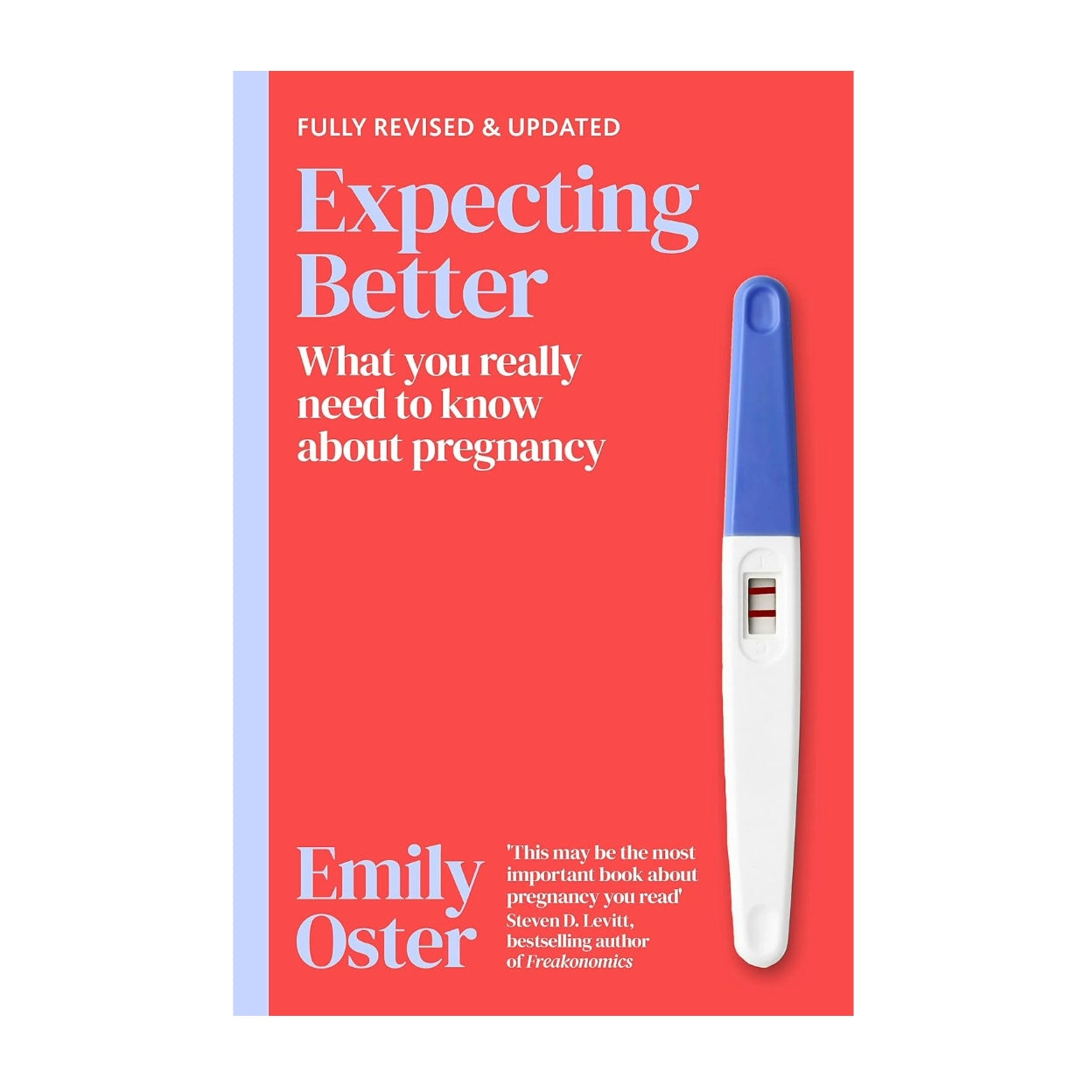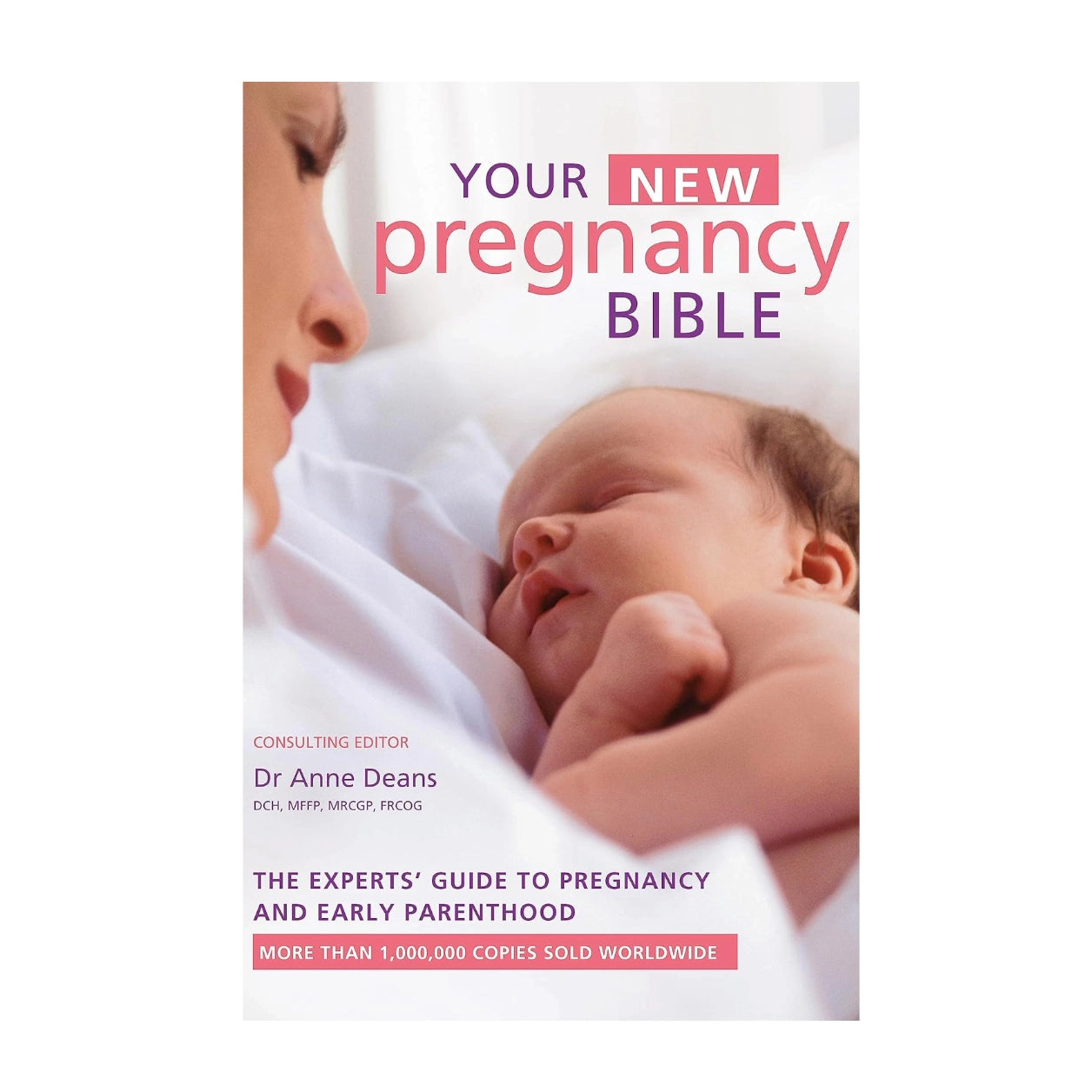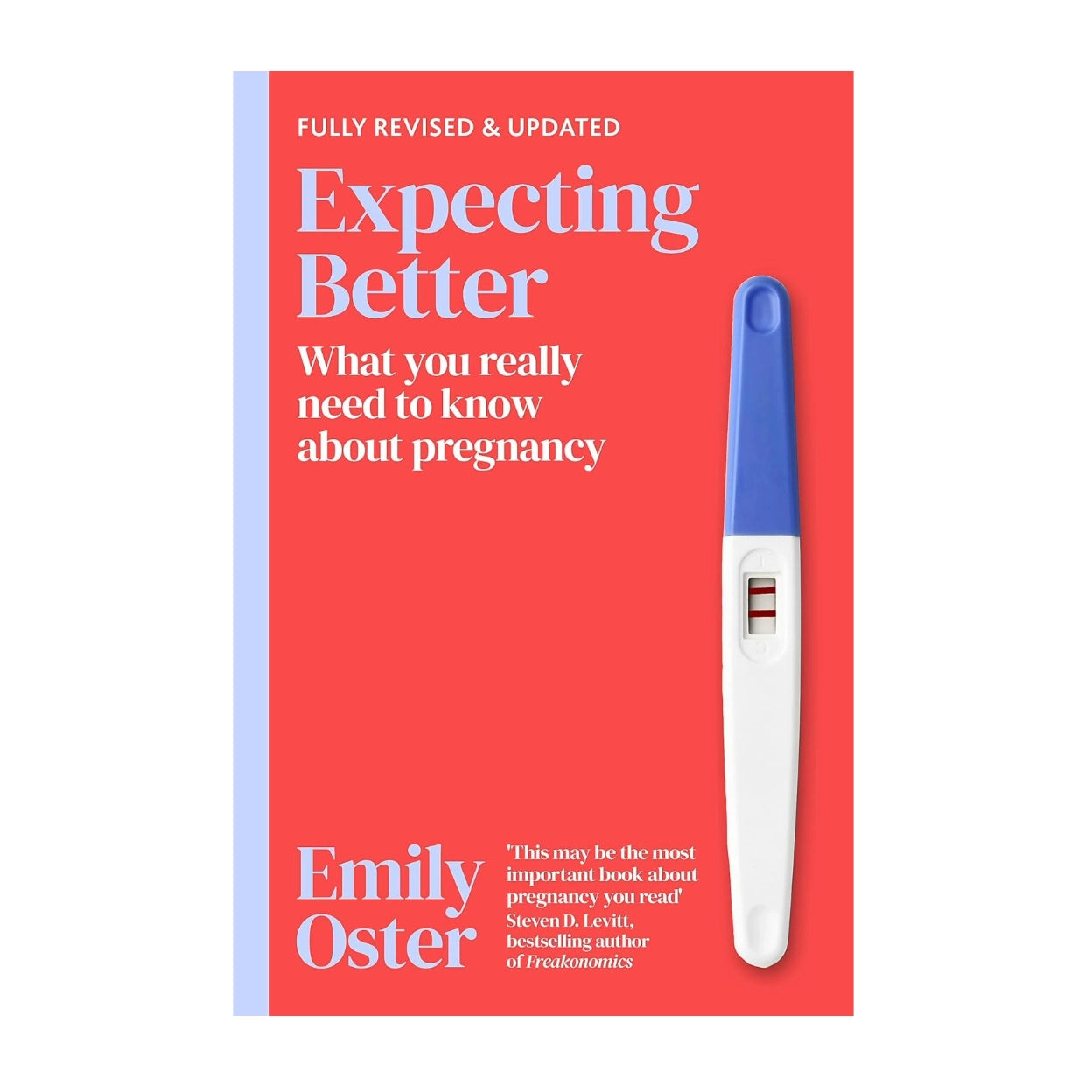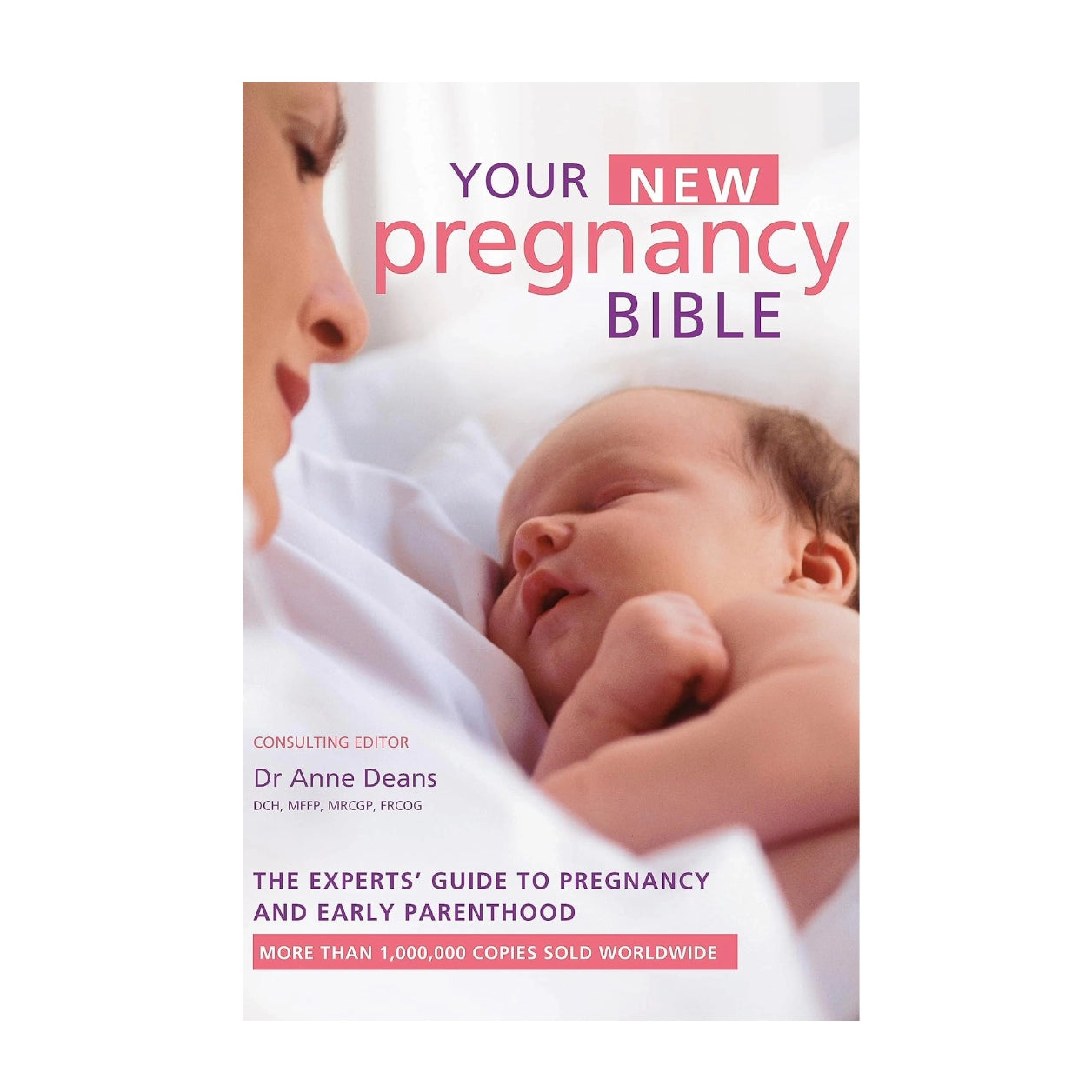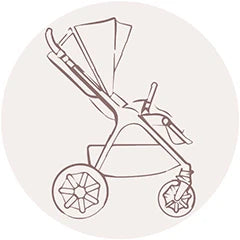Finding the Right Maternity Carer for You
Once the excitement (or surprise!) of a positive pregnancy test settles in, one of the first big decisions to make isn’t about names or nursery colours – it’s about choosing the person who’ll care for you throughout your pregnancy journey.
In New Zealand, this person is called your Lead Maternity Carer (LMC) – and they’ll be by your side during pregnancy, labour, birth, and the early weeks of life with your newborn.
Both midwives and obstetricians can act as your LMC, and while they offer many of the same services, there are some key differences to consider. Here’s a gentle guide to help you choose the care that’s right for you and your baby.
Midwife or Obstetrician – What’s the Difference?
In general, midwives are the experts in normal, low-risk pregnancies, offering continuity of care and a more holistic approach to birth. Obstetricians, on the other hand, are medical doctors who specialise in pregnancy complications and are trained in surgical procedures such as caesareans.
- Midwife care is free in New Zealand.
- Obstetric care is private and typically costs between $3,000–$5,000.
- Obstetricians often take a more clinical approach and may perform scans at every appointment.
- Midwives focus on natural birth and provide emotional and physical support throughout your labour.
If your pregnancy is high-risk – such as a twin pregnancy, gestational diabetes, or a known medical condition – you’ll likely be referred to an obstetrician, either privately or through your local hospital.
Can I Use a Hospital-Based Midwife?
Yes – if a private obstetrician or community-based midwife doesn’t feel like the right fit, you can also receive care through a hospital-based midwife. These midwives, sometimes referred to as “core midwives,” are employed by public hospitals and provide maternity care within the hospital system. Around 15% of New Zealand mothers choose this model, either from the start or as part of a shared-care arrangement.
Hospital-based midwives typically step in when additional support is needed – for example, if complications arise during pregnancy, or if your community LMC is unavailable during labour. In many cases, you’ll receive antenatal care from a combination of professionals, including hospital midwives and obstetricians, with all costs covered through the public system.
If you like the idea of continuity but want the reassurance of hospital-based expertise, this model offers a nice balance. It’s a great option for those wanting cost-free care, access to specialist services, and a supportive hospital environment.
Things to Think About When Choosing Your LMC
1. How Often Do You Want to See Your Baby?
If regular reassurance is important to you, you may prefer the more frequent ultrasounds offered by many obstetricians. Midwives track baby’s growth by feeling your bump and will refer you for routine scans at key stages.
2. Your Preferences Around Pain Relief
If you’re keen on trying unmedicated birth methods like water, massage or movement, a midwife may be more aligned with your approach. Midwives often focus on natural techniques, while obstetricians are more likely to facilitate medical interventions such as epidurals.
3. What’s Your Budget?
Having a baby is expensive – and private obstetric care can be a stretch for many families. If you’d rather invest in other baby essentials (like that dream pram or a few months of parental leave), midwifery care may make more sense financially.
4. Where Do You Want to Give Birth?
Midwives support a range of birth settings – from hospitals to birth centres to your own home. Obstetricians generally operate within hospitals, and home births aren’t an option under their care. Keep in mind that medical pain relief (like epidurals) is only available in hospital settings.
5. Your Connection Matters
Perhaps the most important thing is choosing someone you feel safe and comfortable with. Midwives often spend more time with you during labour and birth, and the relationship can feel more personal. Obstetricians may come and go during labour, sometimes arriving just in time for the final moments. In hospital births, midwives will still be involved – even if you’re under obstetric care.
Listen to Your Instincts
Like many parenting decisions, choosing the right carer is often about listening to your gut. Do you feel heard? Supported? Understood? That connection matters.
Have open conversations early on about your hopes for birth – including where you’d like to deliver, your thoughts on interventions, and how involved you want your carer to be. Most importantly, know that you’re allowed to change your LMC if things don’t feel quite right down the track.
This is your journey – and you deserve to feel safe, supported, and confident every step of the way. You can begin your search for a local midwife through Find Your Midwife.









